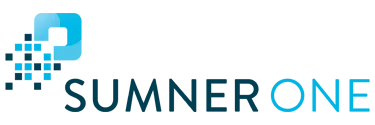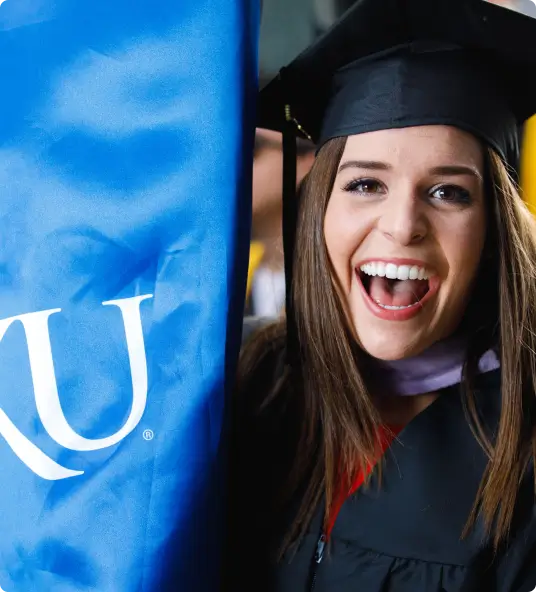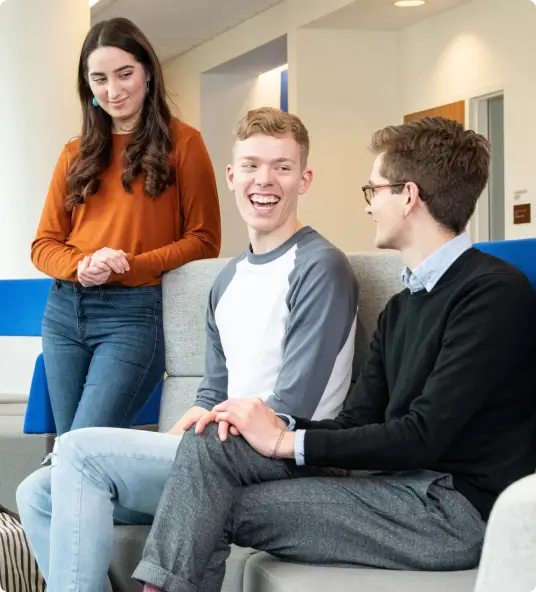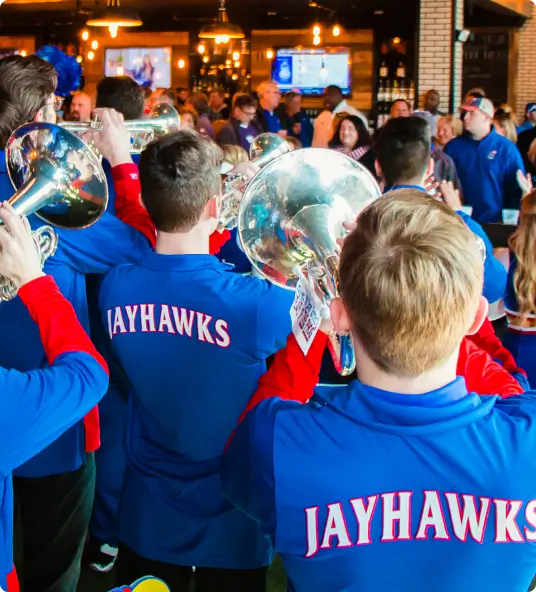Jayhawks in leadership positions are everywhere you look, including through the Jayhawk Career Network. KU Alumni, in partnership with SumnerOne, is highlighting Jayhawk leaders who are models for others in their industries with our “Copy the Leader” program.
Mary Morningstar, PhD’96, is Professor of Special Education at Portland State University, Co-Director of the Career and Community Studies program, and Director of the Transition Coalition. We sat down with Mary to learn what leadership means to her.
What do you do in your work?
One aspect of my position is to support a very specific and unique group of students with intellectual and developmental disabilities in an inclusive campus experience. I also work with state agencies, including education and rehabilitation through the National Technical Assistance Center on Transition: The Collaborative (NTACT:C) to develop policies and practices to improve post-school outcomes for youth with disabilities. Through the NTACT:C work, as co-principal investigator, my primary contributions are associated with the Transition Coalition, an online professional development entity. We provide resources and training to practitioners who work with and support youth and young adults with disabilities. In all of my roles, I’d say a throughline in my work is problem solving, which is always accomplished in collaboration with others.
What are the qualities of a good leader?
I’d say not being afraid of problems, which I do by coming to problem-solving with both humility — being able to say, “I don’t have an answer for that,” combined with the self-confidence to find or develop solutions. In this respect, I am always seeking others who can think outside of the box to solve new and unique solutions. This is particularly important for working with students with disabilities, which has a tradition of considering disability from a deficit lens (i.e. what we need to fix). But it is essential that leaders in this space operate from a strengths and equity focus and understanding the capacity to make a contribution.
How do you practice leadership at your job?
I try to create an inclusive environment where everyone can participate in finding solutions to problems we are tackling. I believe everyone has expertise, and I try hard not to micromanage people on the different teams in which I engage. I try to avoid perfectionism by remembering the 80% rule, especially if it is a new practice or strategy we are developing. If we get it 80% right out the door, then there is room for further refinement and enhancements down the road. I believe that collaborative problem-solving ensures that all can contribute their unique expertise.
What makes a team or group successful?
An atmosphere where all team members can participate and contribute to solutions. One of the skills I have learned over time to be a good teammate is to talk less and frame questions that invite participation and inclusion.
How have you adapted to the changes brought by the pandemic in your work?
I think in some ways from a university perspective, it was devastating. It is great to be back and see students on campus, but it’s been really hard for everyone, especially our students because students have lost so much over the past few years. This is a drawback and deficit that we have to rebuild. This said, virtual platforms have allowed us to outreach to more people in the realms in which I work. We have stronger ties to families and especially working families as they can join virtually for meetings and workshops. It has opened up conferences and professional development that in the past, people might not have been able to attend. For example, we have seen higher attendance at our NTACT:C meetings and conferences as more state agency personnel can participate virtually who would not be able to travel. The pandemic has shifted what participation looks like, and while it’s great to see people face-to-face, there are new avenues that have opened up, and that is exciting.




